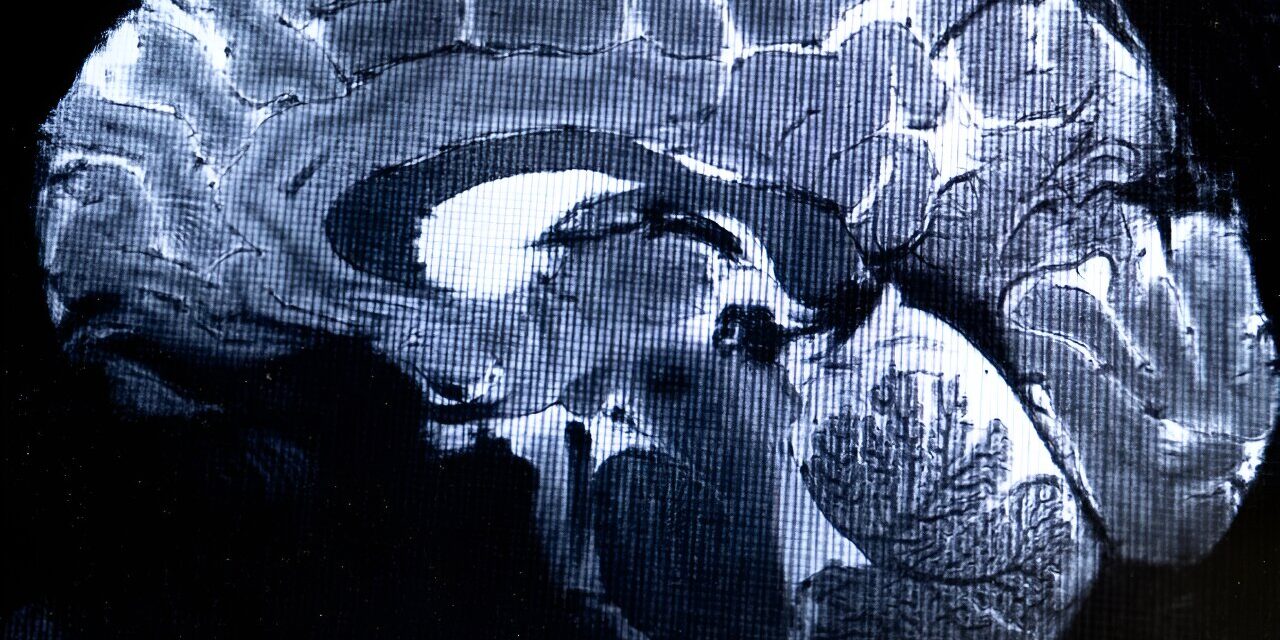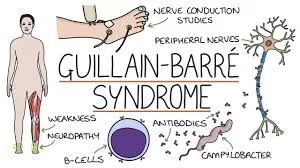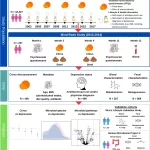A decade-long research project led by Virginia Tech’s Jungmeen Kim-Spoon has provided critical insights into how childhood adversity affects brain development and future mental health risks. The study, co-led by Brooks Casas, tracked adolescent brain function and found significant differences in brain activity related to focus and self-control in individuals who experienced early-life adversity. These developmental delays were linked to increased risks for mental health disorders and substance use in early adulthood.
Understanding the Brain’s Response to Adversity
The research, recently published in Development and Psychopathology and Biological Psychiatry: Cognitive Neuroscience and Neuroimaging, analyzed maltreatment, brain development, and the neural predictors of substance use initiation. Kim-Spoon and her team found that early adverse experiences not only contribute to mental health issues such as depression and anxiety but also directly impact brain development.
“By age 18, more than half of adults in the U.S. have experienced some form of adversity,” Kim-Spoon explained. “Despite this, our understanding of how these experiences alter brain and nervous system development is still limited.”
To bridge this gap, the research team recruited adolescents from diverse communities across Southwest Virginia, North Carolina, Tennessee, and West Virginia. Over ten years, they utilized MRI scans, questionnaires, and neurocognitive testing to monitor changes in brain function and development.
Key Findings: Brain Connectivity and Substance Use
One of the study’s major findings was that brain connectivity patterns, rather than cognitive control behaviors, were stronger predictors of substance use initiation. Specifically, stronger connections between the dorsal anterior cingulate cortex and the dorsolateral prefrontal cortex—a region crucial for cognitive control—were associated with delayed substance use onset. These connections notably declined a year before substance use began.
The study also demonstrated that while cognitive control brain function may be delayed in early adolescence following adversity, it often “catches up” during later teenage years, highlighting neural plasticity and potential avenues for intervention.
Potential for Prevention and Future Research
By continuing this research for another five years, the team aims to explore how social relationships and environmental factors shape young adults’ mental health and decision-making. The study’s insights could contribute to developing protective strategies for individuals at higher risk of substance use and mental health disorders.
“Our research underscores the importance of positive parental support, education, and peer interactions in fostering resilience in young people,” Kim-Spoon said. “We hope these findings will lead to interventions that promote healthier development.”
Disclaimer: This article summarizes research findings for informational purposes only. It does not provide medical advice, diagnosis, or treatment. Individuals seeking mental health support should consult a licensed professional.










